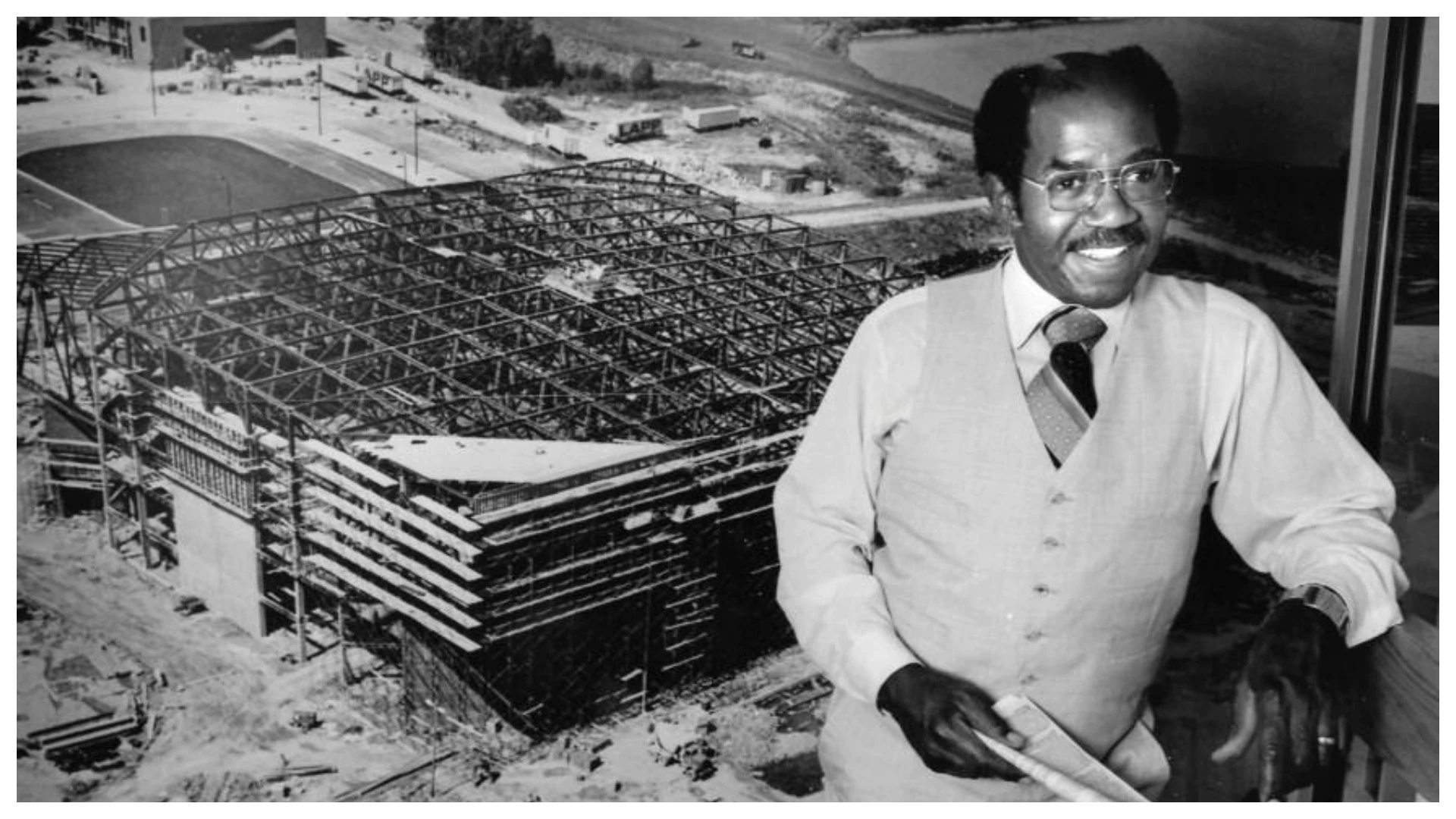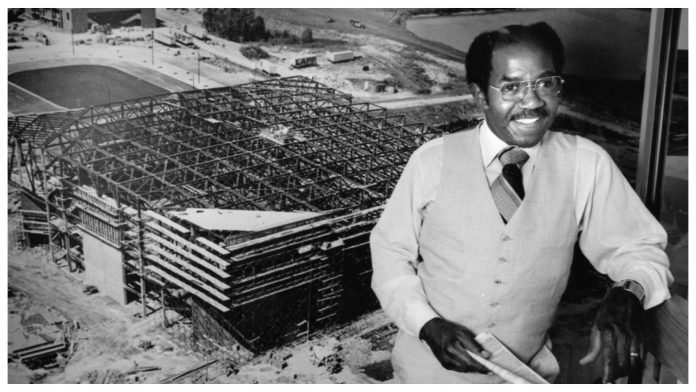[ad_1]
You may not know his name, but an essential part of Black history has just passed on.
Pioneering architect Robert Coles, who died over the weekend, created several of the public buildings in his native Buffalo, including the JFK Community Center, the University at Buffalo’s Alumni Arena and Natatorium and the Frank E. Merriweather Jr. Library. He also created buildings in Providence, Rhode Island, New York City, and Washington, D.C.
READ MORE: Princeton names its first Black valedictorian in Ivy League history
At the time of his passing, Coles was considered one of the foremost advocates of diversity in architecture. According to NPR, he employed 15 African-Americans in his architecture firm which he started in the 70s.
Robert T. Coles, FAIA, and William Bates, FAIA discuss their paths to architecture and breaking down barriers: https://t.co/BcHrgzEKHE pic.twitter.com/vXBb32ESNs
— AIA National (@AIANational) September 12, 2017
In 2019, he received the prestigious Kemper Award for his lifetime of work in the profession.
“Bob Coles was a Buffalo original and a brilliant, trailblazing figure in architecture,” Buffalo Mayor Byron W. Brown said to the Buffalo News. “He fought for African American representation in all aspects of architecture and mentored architects of all races. His creative vision came to life throughout Western New York and in other parts of the nation.”
Coles was born in Buffalo on August 24, 1929. Though he was told by a teacher at Buffalo’s Technical High School that he shouldn’t pursue a career in architecture because there were no Black architects, he ultimately earned his degree in the field from the University of Minnesota.
While there, he also founded an NAACP chapter and found a wife, Sylvia, who he was married to for 65 years. Coles would ultimately earn his master’s in architecture at the Massachusetts Institute of Technology.
Throughout his life, Coles would combine his passion for design with his passion for advocacy. He was a founder of the National Association of Minority Architects, fought to end an exclusionary housing law in Massachusetts and trained and advocated for many other minority architects. He even designed his own home, which ultimately made it to the National Register of Historic Places.
“He was incredibly respected in the architectural community, and was a mentor to many of us by showing what a minority architect could achieve,” Ed Watts of Watts Architecture and Engineering told the Buffalo News. “A lot of our success is due to him.”
Coles was a professor of architecture at the University of Kansas and an associate professor of architecture at Carnegie Mellon University, as well as owning his own architecture firm. The avid sailor authored a book about his life “Architecture and Advocacy” in 2016.
READ MORE: Grandson of a slave, Maryland centenarian still fights for Black history and civil rights
Coles is survived by his wife and two children.
Have you subscribed to theGrio’s new podcast “Dear Culture”? Download our newest episodes now!
[ad_2]
Source link


